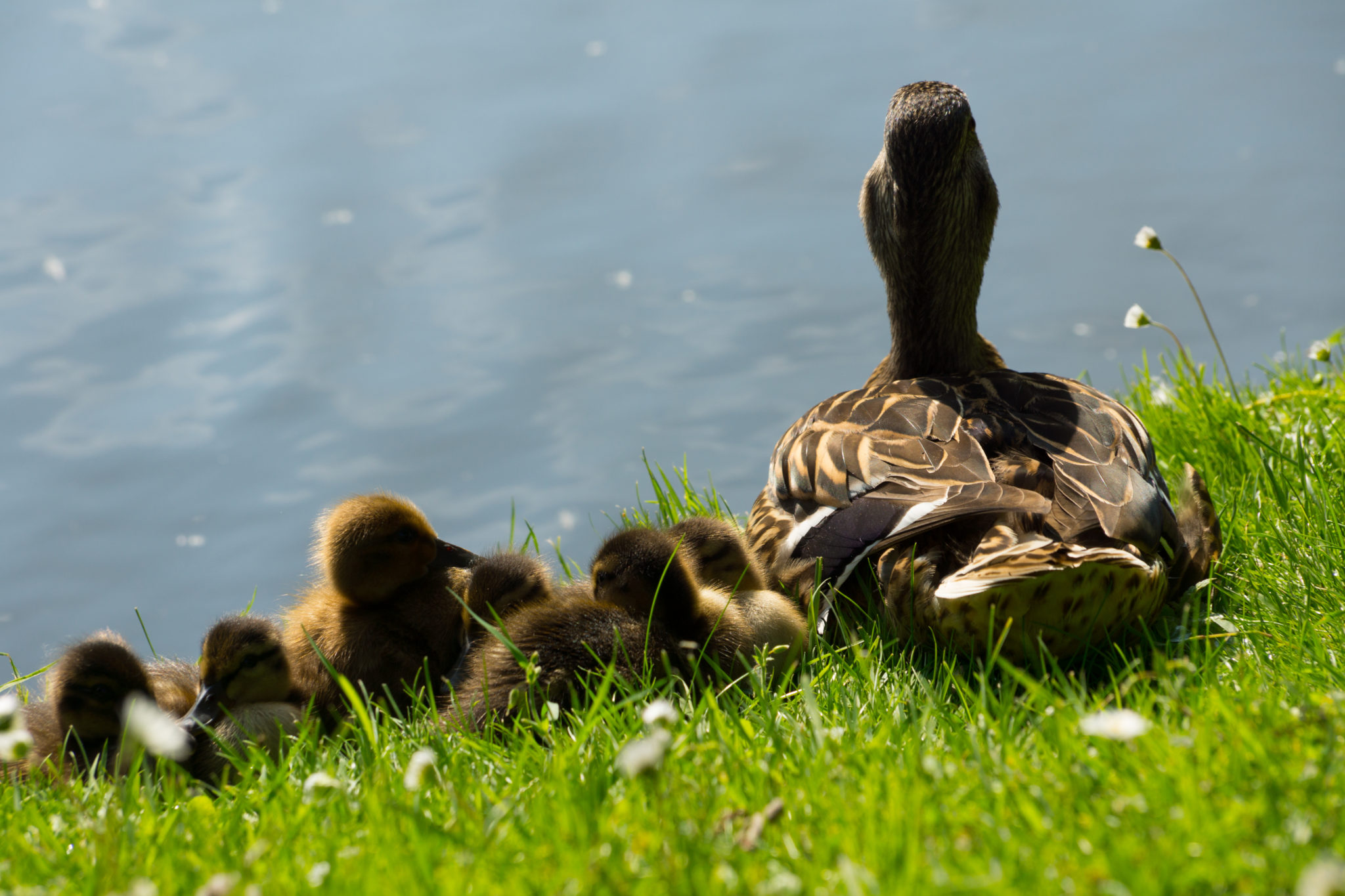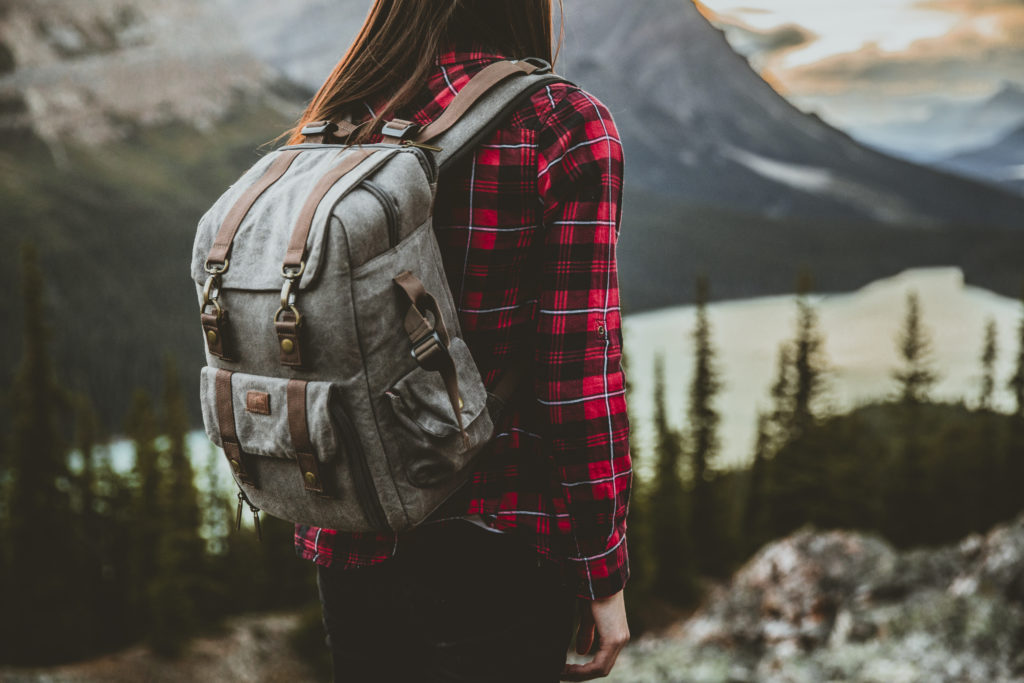I’d thought that the ever-present stress that is the pandemic hadn’t affected my children at all. Yes, they had to wash their hands a lot more often; they saw me glued to the news for stretches of time, whereas before I’d diligently hidden my furtive information gathering, worried that the mere sight of a phone in my hand might somehow harm them.
[An aside – I’m writing this while my youngest, two, is lying on the floor yelling chocyat NOW, chocyat NOW! because we are on holidays in Wexford and I’ve been less precious about what they put in their mouths. It’s hard to concentrate but I’ll keep going, otherwise it might be another month before I write one of these posts.]
Now that they are allowed more freedom to play in the park they come back with garbled stories – did I know that all rabbits had coronavirus? Did I know what would happen if coronavirus killed all the adults and all the children took over the world? (They’d rob banks and be allowed to drink coca-cola, that’s what). Did I know they weren’t really bothered about coronavirus apart from – apart from – we don’t want YOU to die Mama.
Yet something has changed for them. It is particularly noticeable with the eldest, who is six. He has a new friend, called Fang.
Fang is a big cuddly owl and my son has formed a strong attachment to him. He puts him down for naps. He feeds him at each mealtime, from his own plate: a forkful for him, a forkful for Fang. He cuddles him during TV time. He talks to him a lot, whispering stories about castles and ninjas and battles and storms. He sometimes talks through him, too: Mum, Fang wants a cuddle. Mum, Fang is tired now, he wants to sleep. Mum, Fang’s feeling sad right now.
[An aside – the chocyat chanting toddler is now hanging from my neck, perched at the top of my back, whispering rhythmically in my ear: bwing me chocyat, bwing me chocyat. Perhaps he’s hoping this gentler approach might work. It’s hard to concentrate but I’ll keep going, otherwise it might be another month before I write one of these posts.]
My son won’t go to bed without Fang. He won’t go in the car without Fang. He takes such good care of him. Maybe inspired by their brother, the other two have found similar friends, and though the relationship isn’t quite as intense, it is there. The four-year-old has a dragon, called Peak, and the chocolate terrorist has a baby bull, called I. Where I see my three boys at home, I usually see Fang, Peak and I in tow, either under their little arms, or nearby, strewn on the floor but distinctly not lost.
I had always wondered about the cuddly toy thing, because no matter what stuffed toy I gave them previously – rabbit, teddy, lamb, dog, kangaroo – they had shown no interest whatsoever, even a sociopathic coldness towards them. I actually tried to force them to bond with plush, soft things – look! Here’s your teddy, aw, night night teddy but they would just look at me blankly, turning their backs as the sweetly staring creatures fell idly to the floor.
Now, and only since the pandemic hit, these three stuffed toys have shot to the top of the toy hierarchy. My eldest son cannot do without his new friend, who is providing something no-one else can. His ardent commitment to this relationship is no coincidence but a direct result of worry he’s absorbed about Covid-19. All three of them, even the two year old, have needed this extra crutch.
[An aside – my youngest, not short of attention all morning and the recipient of a fine big lunch, has resorted to hitting me. It’s hard to concentrate but I’ll keep going, otherwise it might be another month before I write one of these posts.]
They are so smart, these kids. They know stuff, just like we do. They can’t fully express it or really explain about how they are feeling but they absorb the mood around them. They bathe in the world, and they soak in stress. They can hear you when you complain. They internalise it. They piece together snippets of adult conversation. They hear bits of grim news, maybe on the radio when you are turning the dial to a different channel. They can tell something is wrong by the look on your face.
Only now, and specifically with the meteoric rise of Fang in the household (an owl to whom even I have become attached), can I see that this shift in the world’s axis has had a monumental affect on my three small boys. They have changed. They are different.









